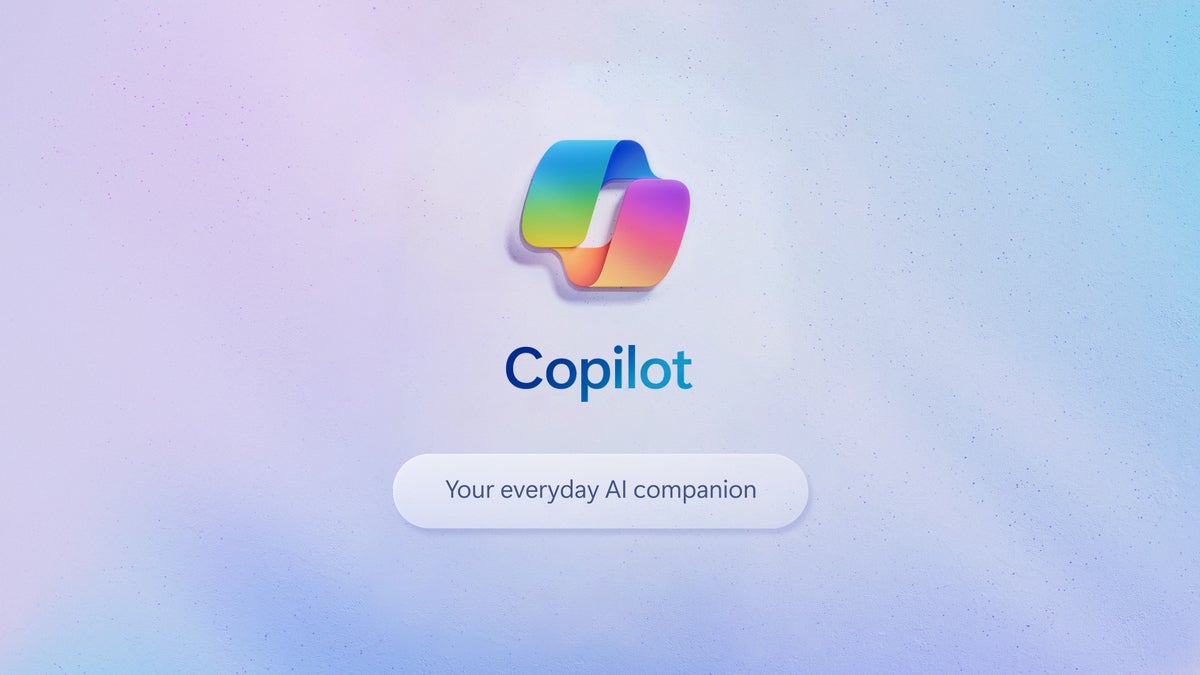Two weeks ago at its Ignite event, Microsoft made something of a snoozy announcement: the company was rebranding its generative AI-based Bing Chat and calling it Copilot instead.
Ho-hum. Another day, another change in the company’s branding strategy. Par for the course, right?.
But the announcement was more consequential than you might think. It signaled Microsoft has thrown in the towel on the internet search war with Google and is turning its full attention to AI.
Copilots everywhere
To understand why, let’s take a look at Microsoft’s innocuous-sounding announcement. The company is renaming Bing Chat and Bing Chat Enterprise, both of which will now be called Copilot. From a branding perspective, it makes perfect sense because it unifies all of the company’s genAI efforts under one brand. Microsoft already has several AI tools under the Copilot moniker, including Copilot in Windows, Copilot for Microsoft 365 (currently only available for enterprise customers), and Microsoft Security Copilot, with others to be released.
Microsoft is also making the chat version of Copilot available for free on the web. No longer do you have to use Bing to access it. You do, however, need a Microsoft ID or an Entra ID, which is issued by businesses as part of the company’s cloud identity and access management solution. The Copilot site works with Edge and Chrome in both Windows and macOS.
Microsoft also announced its Copilot line will support OpenAI GPTs, allowing businesses and individuals to create their own customized versions of Copilot.
So what’s the big deal?
It was an unsurprising announcement that made plenty of sense, given that Microsoft is betting the company on AI. But dig a little deeper, and you’ll find it’s a signal Microsoft is ceding the search market to Google, believing search is the past and AI is the future.
Microsoft in February launched Bing Chat, powered by ChatGPT from OpenAI, in which Microsoft has invested $13 billion. Burying the most-powerful genAI on the planet inside an also-ran search engine and the also-ran Edge browser seemed an odd decision. Why hide it inside products the vast majority of computer owners never use?
Microsoft did so because it apparently hoped to grab search market share from Google. People would flock to Bing for its genAI tool, the company believed, and eat into Google’s dominance.
Microsoft had to do something to support the flagging Bing. In the first quarter of 2023, when Bing Chat was released, Google had 85% of the worldwide search market, with Bing far behind with only 9%. Even if Microsoft didn’t immediately dominate internet search with Bing Chat, simply grabbing a few points of market share from Google could have added up to billions in new revenue.
Microsoft CEO Satya Nadella knew drastic measures were needed if his company wanted to eat into Google’s search monopoly. As he explained recently in testimony in the US Department of Justice’s antitrust…
2023-12-03 10:41:02
Source from www.computerworld.com rnrn
